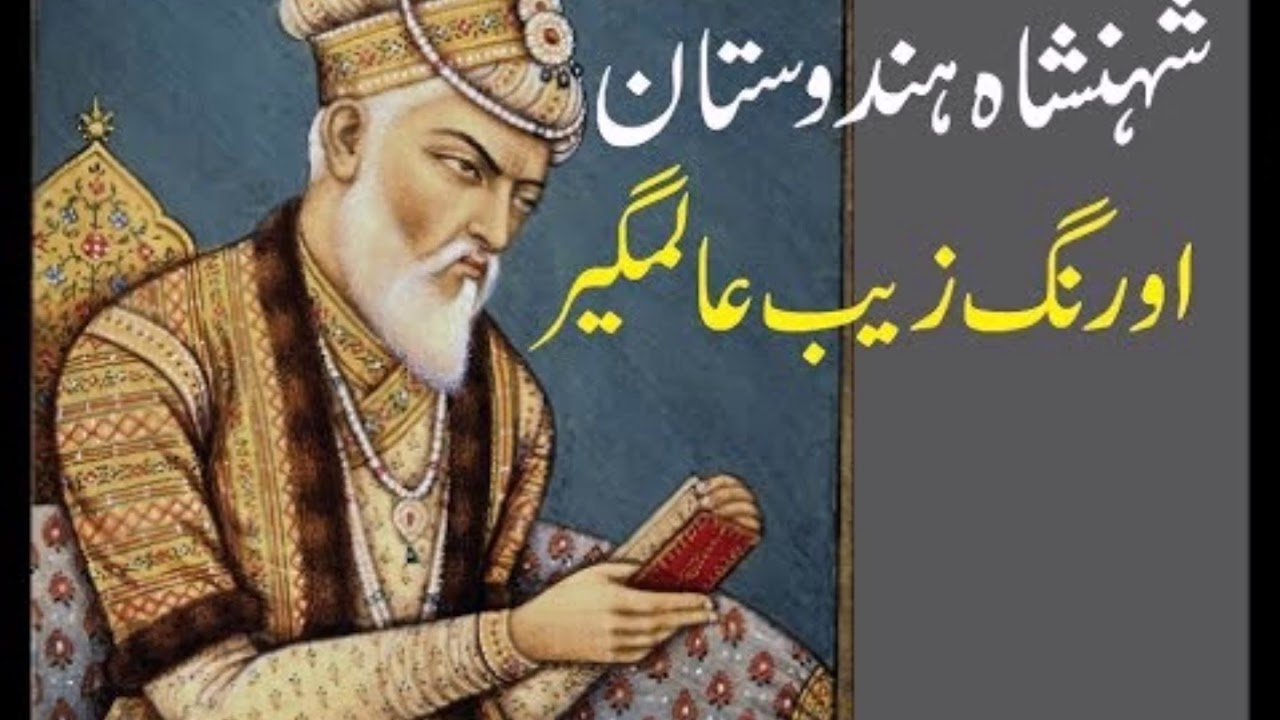Aurangzeb Mughal, the 6th Mughal Emperor of India, is a historical figure wrapped in both admiration and complexity. During his lengthy reign, he left an indelible mark on Indian history through military conquests, religious policies, and political intrigue. This article explores Aurangzeb’s life, reign, policies, controversies, and lasting impact on the Indian subcontinent.
Early Life of Aurangzeb Mughal
– Birth and Family Background: Aurangzeb Mughal was born on October 24, 1618, in Dahod, Gujarat, to Emperor Shah Jahan and Mumtaz Mahal. Raised in a wealthy and powerful family, he received a comprehensive education in languages, literature, Islamic theology, and military training.
Ascension to the Throne
- Struggles for Succession: Following Shah Jahan’s illness, a bitter struggle for succession erupted among his sons. Aurangzeb Mughal emerged victorious after defeating his brothers in a prolonged war, ascending to the Mughal throne in 1658.
Reign as the Sixth Mughal Emperor
- Policies and Governance: Aurangzeb’s reign was characterized by a firm dedication to Sharia law and centralized governance. He implemented policies aimed at increasing state revenue and expanding the empire’s territory through military campaigns, particularly in the Deccan region.
- Military Campaigns: Aurangzeb’s military campaigns expanded the Mughal Empire’s territory, showcasing his military prowess. However, these conquests strained the empire’s resources and contributed to its eventual decline.
Religious Policies and Controversies
- Islamic Orthodoxy: Aurangzeb Mughal promoted Islamic orthodoxy, enforcing Sharia law and punishing moral and religious transgressions within the empire.
- Treatment of Non-Muslims: Despite being a Muslim ruler, Aurangzeb’s treatment of non-Muslims was nuanced. While he imposed taxes on non-Muslims, he also appointed Hindus to high-ranking positions in his administration.
Personal Life and Legacy
- Family and Descendants: Aurangzeb’s personal life was marked by familial strife and political rivalries. His relationships with his wives and children were often strained by succession disputes and power struggles.
- End of Aurangzeb’s Reign: Aurangzeb’s reign ended with his death on March 3, 1707, after nearly five decades of rule. His passing marked the end of an era in Mughal history and contributed to the empire’s decline.
Impact on Indian History
- Assessment of Aurangzeb’s Rule: Historians have debated Aurangzeb’s legacy, acknowledging his military achievements while criticizing his religious intolerance and authoritarian rule.
- Long-term Consequences: Aurangzeb’s reign had far-reaching consequences, shaping the socio-political landscape of India for centuries. His policies contributed to the decline of the Mughal Empire and the rise of regional powers.
Conclusion
Aurangzeb’s reign as the sixth Mughal Emperor was a period of complexity and controversy. While his military conquests expanded the empire’s territory, his strict religious policies and authoritarian rule left a divisive legacy. His reign continues to be studied and debated by historians, reflecting its enduring impact on Indian history.
FAQs
- What was Aurangzeb’s full name?
- Aurangzeb’s full name was Muhammad Alamgir Aurangzeb Bahadur Shah.
- How did Aurangzeb Mughal come to power?
- Aurangzeb Mughal ascended to the Mughal throne after defeating his brothers in the War of Succession and imprisoning his father, Shah Jahan.
- What were Aurangzeb’s religious policies?
- Aurangzeb Mughal promoted strict adherence to Islamic law and implemented policies aimed at enforcing Islamic orthodoxy throughout the Mughal Empire.
- How long did Aurangzeb Mughal reign as the Mughal emperor?
- Aurangzeb’s reign lasted for nearly five decades, from 1658 until his death in 1707.
- What was the impact of Aurangzeb’s reign on Indian history?
- Aurangzeb’s reign contributed to the decline of the Mughal Empire and the reshaping of Indian history, impacting the socio-political landscape for centuries.

